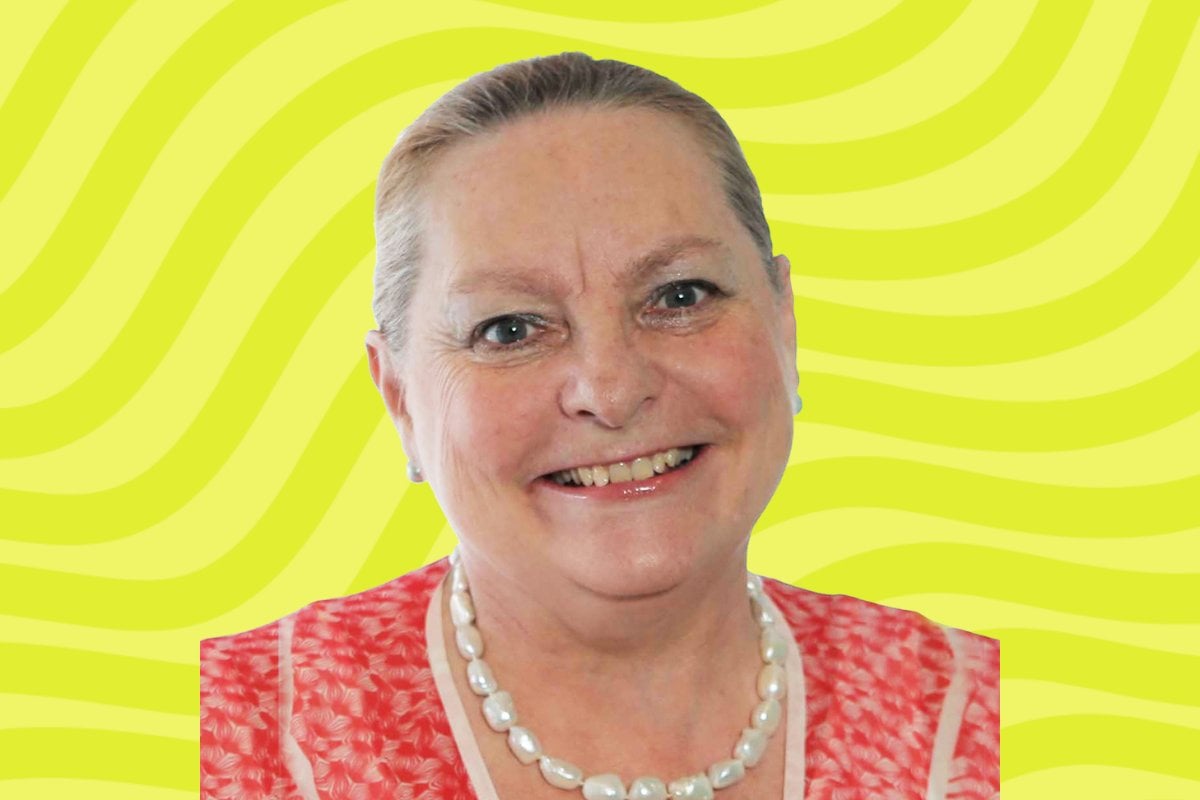
Dr Terri Foran is a Sexual Health Physician and holds the position of Conjoint Senior Lecturer in the School of Women’s and Children’s Health at UNSW Sydney, where she lectures both undergraduate and postgraduate students. She is in private clinical practice in Darlinghurst and is also engaged in both clinical and research work at the Royal Hospital for Women in Sydney.
In this session, she discusses the impact of perimenopause on mental health.
Here's what we learned from her chat.
Women are two-four times more likely to experience episodes of depression or anxiety around the time of perimenopause.
But there are women who were even more at risk than that.
"If you've had a previous depression, even postnatal depression, about 60% of women will have a recurrence at the time of menopause," Dr Terri Foran explains.
"About 80% of people won't get any of those problems, but it still means that there's 20% of people with significant issues, and maybe 30% if we're talking about milder symptoms that can still be really a problem."
Why do women experience higher levels of anxiety and depression in perimenopause?
As usual, it comes down to a mix of hormones and science.
"There's a transmitter in the body called serotonin, and most of us will have heard about serotonin with regards to depression. But it also has effects on things like heat control, temperature, and appetite.
"We know that it's also really dependent on the amount of estrogen we've got onboard.
"So when the estrogen levels are low, that can often drop the serotonin levels, and that can result in all sorts of symptoms for all sorts of women, including things, we think, like hot flushes, but certainly can have an effect on the emotions as well."
Could you be dealing with perimenopausal depression or anxiety?
Despite mental health concerns rising during perimenopause, Dr Terri Foran explains that many women don't believe they have perimenopausal depression, there is a misunderstanding of its symptoms.
"Many of the patients that I see that I think are depressed at perimenopausal say things like, 'no, no, no, I'm not sad.'
"Because of course, depression isn't just feeling sad. It's not getting the joy in the things that you enjoyed before.
"It's feeling fatigued. It's feeling irritable. The sorts of things you'd have coped with before you don't. It's that lack of sleep. And they're the sorts of things that perimenopausal women get.
"The whole feeling really sad and blue in the morning doesn't seem to affect us as much, but the other things do, and they can really impact on our lives.
"It might change not just from a month to month but a few days to a few days, which I'm sure is very confusing, not just for the person who's experiencing but also their loved ones around them."
What are some strategies for dealing with perimenopausal depression?
Aside from seeing a doctor for an official diagnosis and treatment, Dr Terri Foran recommends a list of techniques for managing symptoms of anxiety and depression from home.
"I know it sounds cliche, but I think the biggest bit of advice I would give is to find a way to love yourself and to look after yourself," she says.
"So many women at this age are looking after everyone else around them and put themselves last. So, I tell the women in this age group that I see to think about the things they love doing and give themselves time and permission to do them.
"That might be exercise, some exercise that they love, or a yoga class, or to take on a hobby they've always wanted to do but haven't given themselves permission or time to do in the past."
Next, she recommends keeping active, and cutting back on alcohol.
"Stay as fit you can. Because we know the fitter you are, the more endorphins that circulate, the better you feel, and the better you feel about yourself because you know you're strong and healthy.
"Alcohol's a disaster. It does make you feel better or about a half an hour and then it makes you feel really low.
"So, cutting back on the alcohol is, I think, a really important point."
Finally, Dr Terri says to focus on your friendships.
"I think the biggest one though is, just embracing that circle of friendship around you, because other women can be an amazing support at this particular time in your life, especially if they're going through it or have gone through it.
"They can normalize things for you. They can give you the support you need. They can give you permission to just let everything else go and look after yourself.
"So I guess they're the sort of tips I'd be giving, but every woman's going to find her own one. She's going to find the thing that makes her feel best."
Resources mentioned:
- Australasian Menopause Society
- Find a doctor (Australasian Menopause Society)
- Jean Hailes for Women's Health
Information discussed in Very Peri is for education purposes only and is not intended to provide professional medical advice. Readers should seek their own medical advice, specific to their circumstances, from their treating doctor or health care professional.
The Very Peri audio series is your all-in-one survival guide for getting through perimenopause. With 10 topics covering everything from science and symptoms to solutions and support. Everything you need to know to take on peri with confidence. Listen Now.
Feature Image: Supplied.

